Children’s Rights at Rocky Hill Co-op
For over a year now, I’ve been participating in an online professional experience with Sally Haughey, founder of “Fairy Dust Teaching,” now called “Wunderled.” Over the years, I’ve been through so many workshops, online and in person. I can’t tell you how many “experts” have said essentially, “This is the right way to do it, if you don’t do it my way, you’re WRONG!” Sally takes the approach, “This is what works for me. How does it resonate with YOU?” She started with the basics, asking us our “Why?” Why are we doing this? What are our core beliefs about children and education? It helped me tremendously to put into writing what I believe. I sat with my assistant teacher and we brainstormed what we believe children ARE, how they should be treated, and what they can do.
Here at RHCNS, we treat children with the respect they deserve. We understand child development. We want our students to be able to have rich, joyful experiences that provide opportunities for the development of their brains and bodies.
Here’s what we came up with:
Children are: Capable, Curious, Creative, Unique
Children’s Rights:
Children have the right to be treated with kindness and respect.
Children have the right to be respected for who they are now, not who they are expected to become.
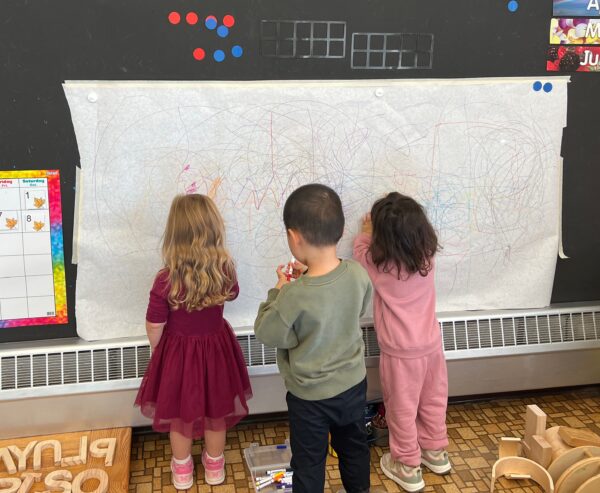
Children have the right to activities appropriate for their current level of
development.
Children have the right to learn through movement and hands-on activities.
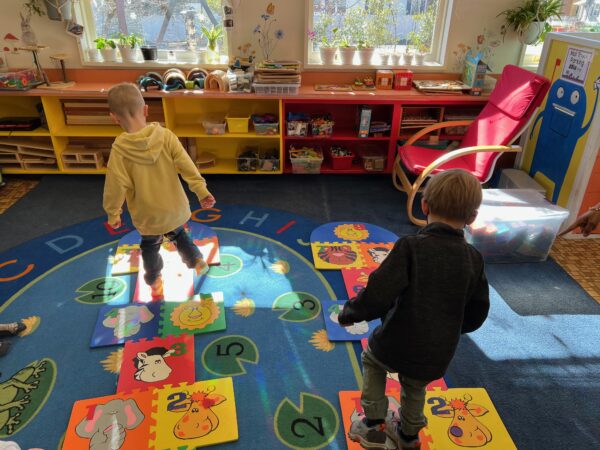
Children have the right to explore their interests.
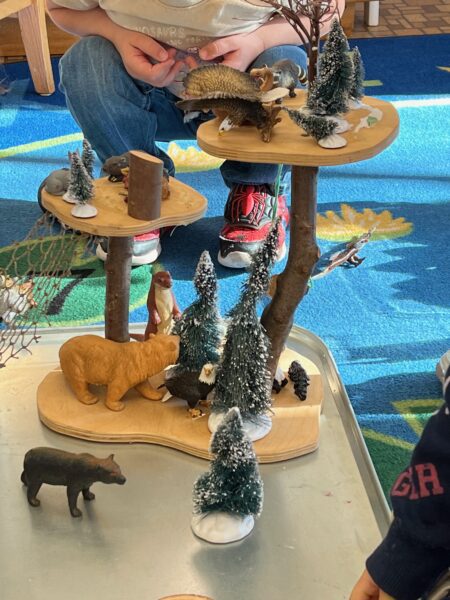
Children have the right to choose what they want to play with, and where they want to play.
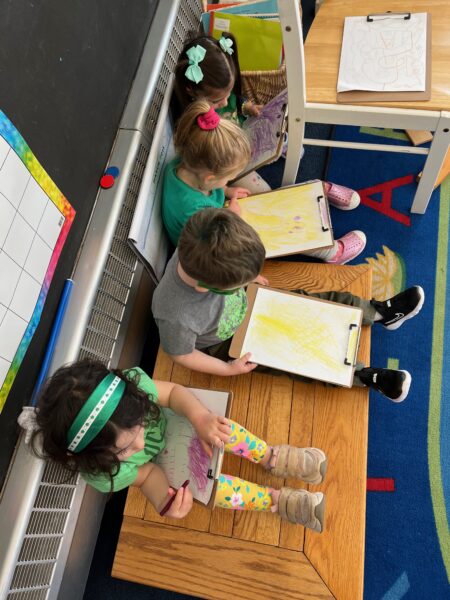
Children have the right to ask for materials.
Children have the right to explore materials.
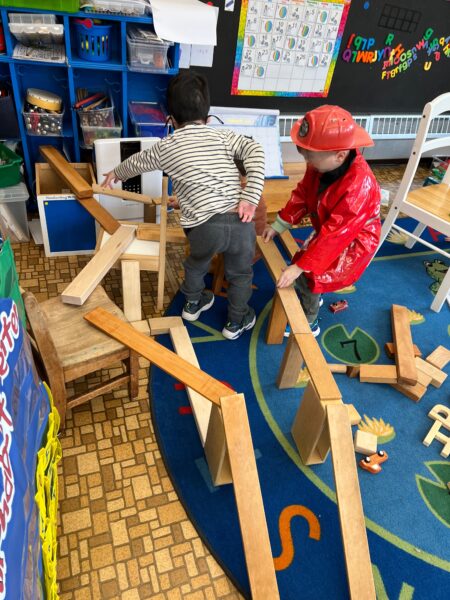
Children have the right to experiment.
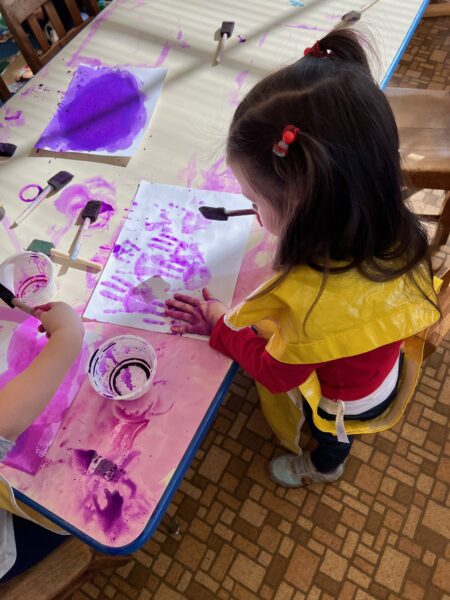
Children have the right to think creatively.
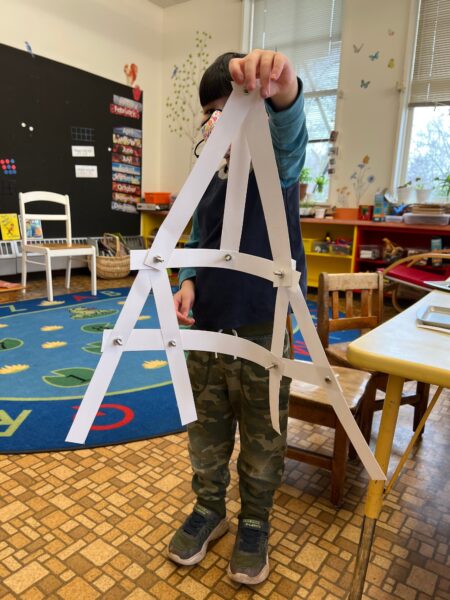
Children have the right to make a mess when exploring materials.

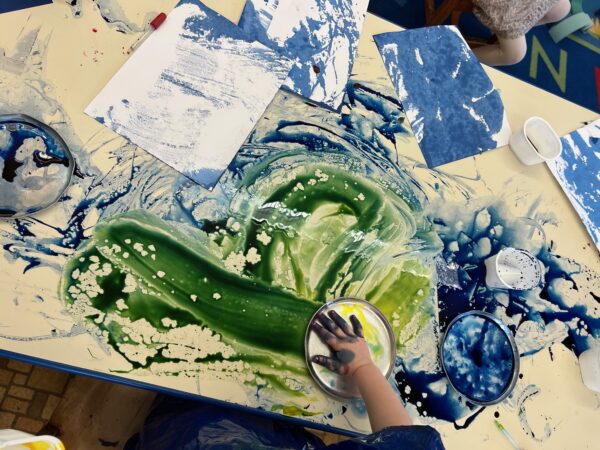
Children have the right to play independently or with others.
Children have the right to express opinions.
Children have the right to work out conflicts with guidance.
Children have the right to choose to participate.*
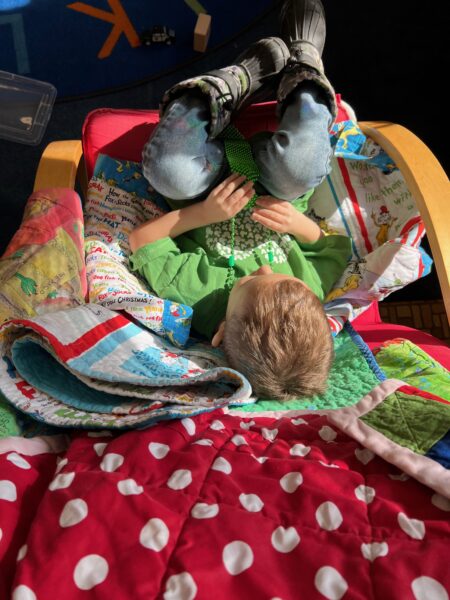
Children have the right to ask questions.
Children have the right to contribute ideas.
Children have the right to express emotions and be supported with respect.
Children have the right to make mistakes.
Children have the right to be part of the classroom family.
Children have the right to a joyful school experience where children, parents, and teachers work together.
*Children are encouraged to participate in activities. Sometimes a particular activity may be overwhelming in a group (such as singing and dancing, some sensory play.) Children are unique individuals, and are not forced or required to participate if it makes them uncomfortable.